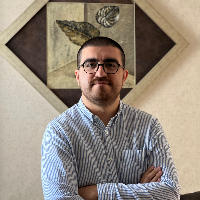Psychology Congress 2025

Luiss Guido Carli University, Italy
Title : Most Current Approaches to Employee Burnout Prevention Strategies: A Systematic Literature Review
Abstract:
This systematic literature review investigates the most recent burnout prevention strategies by focusing on studies published after 2019. Burnout, characterized by emotional, physical, and mental exhaustion, remains a significant challenge in modern workplaces, particularly in sectors less explored in previous research. Using the Web of Science database, 968 articles were initially identified. After a rigorous screening process, 67 empirical, theoretical, and meta-analytic studies were included in the review. Articles were filtered based on journal quality, inclusion in the ABS list, and relevant populations, excluding extensively studied groups such as healthcare workers and public service employees. Key findings reveal that social support from colleagues and leaders remains one of the most effective burnout prevention strategies, alongside individual-level interventions like mindfulness and resilience-building. Additionally, organizational factors such as job autonomy and supportive leadership are crucial in mitigating burnout. Flexible work arrangements have gained prominence, especially post-pandemic, but must be balanced with strategies to avoid presenteeism. This review contributes new perspectives on burnout prevention in under-researched sectors and emphasizes the need for comprehensive approaches that integrate both organizational and individual-level strategies. These insights offer a valuable foundation for fostering healthier, more resilient work environments.
Biography:
Enes Berk Sahin is currently in his second year of PhD studies in Management at Luiss Guido Carli University. He is working in the field of Work Psychology and specifically on stress and burnout prevention in employees. He has one published book chapter.
